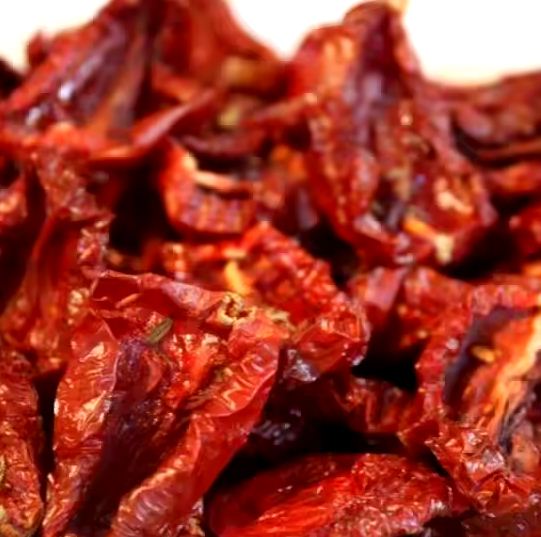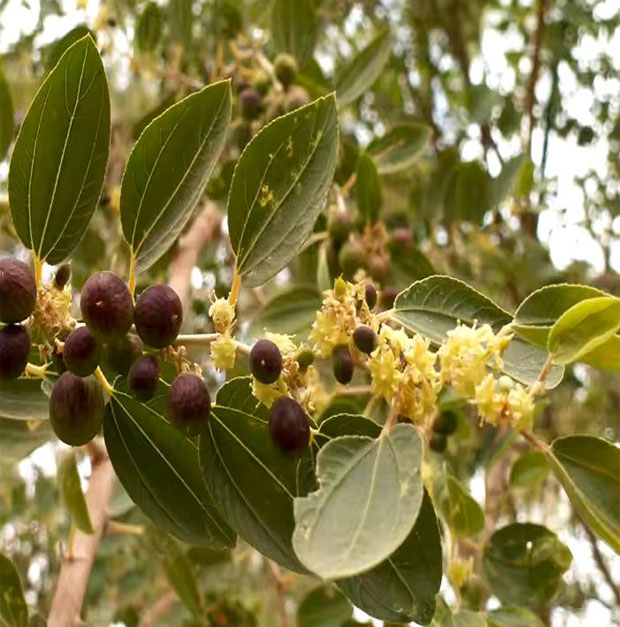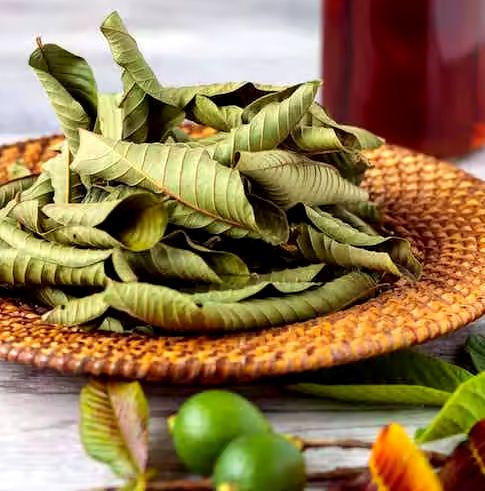Sage leaves for export and import
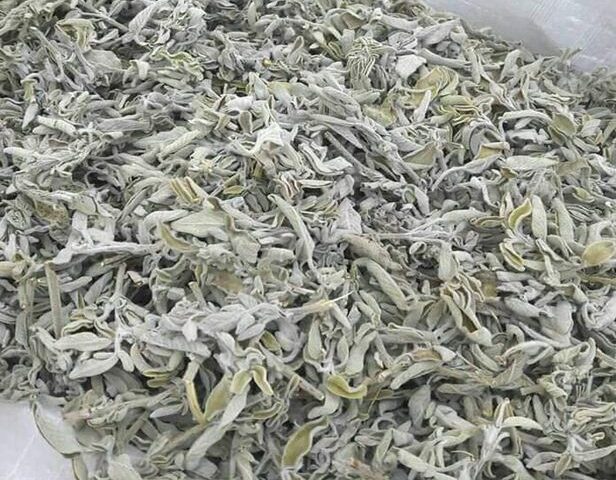
Product Name
sage
Salvia officinalis
Salbei
adaçayı
мудрец
智者
智者
saggia
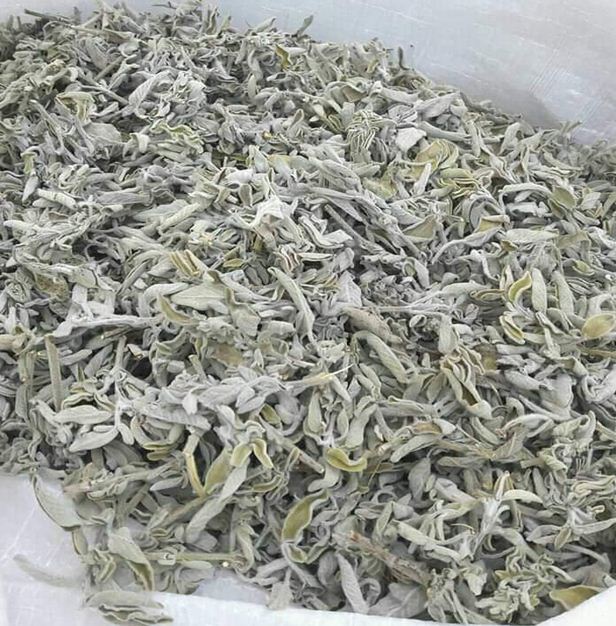
Sage leaves for export and import
مرمريه – مرمرية
Scientific Name of Sage leaves (s):
Salvia officinalis L. Family: Lamiaceae (mint)
Common Name of Sage leaves (s): Sage leaves , culinary Sage , Dalmatian Sage leaves , garden Sage , kitchen Sage leaves , true Sage leaves , meadow Sage leaves Dried leaves or
Sage Uses Dried Sage leaves is used as a culinary spice and as a source of Sage oil. Sage leaves for export and import extracts are being investigated for their potential in memory enhancement and Alzheimer disease; however, clinical trials are lacking. Anti-inflammatory and antimicrobial properties have been identified, as well as potential effects in diabetes and gastric ulcers.
Packing of Sage leaves for export and import :
Polypropylene Bags
Weight of Sage leaves
10 KG – 25 KG
Season of Sage leaves
All Year
original place of :Sage leaves
Egypt
:trade mark of Sage leaves
Herbs, spices, seeds, vegetables
MOQ
1 MT
Salvia officinalis is an aromatic, rather woody perennial shrub in the mint family (Lamiaceae) native to the shores of the northern Mediterranean. Its common names include culinary sage, common garden sage, or garden sage. The word “sage” has come to mean “wise” or “a wise or learned person.” It’s scientific name, Salvia, means “to be in good health”, “to save”, or “salvation” while officinalis is an old reference to an herb store, pharmacy, or drugstore
Sage leaves have a pebbly texture
Sage is often mentioned as the herb of immortality, domestic virtue, health, and wisdom. Sage was a sacred ceremonial herb of the Romans. It has been cultivated for both culinary and medicinal purposes for many centuries in Europe. It is hardy in zones 4-10
he species can grow to 2½ feet tall but many cultivars are much shorter. The opposite leaves vary in color from gray to gray-green, or may be purple or golden. They are are pebbly, slightly fuzzy, and up to 5″ long. The stems are green at first but become woody in the second year. It tends to be a short-lived perennial and is often best replaced every few years
Common Sage leaves for export and import blooms in early summer. The camphor-scented, bluish-lavender to pink-lavender flowers are borne in whorls on short, upright flower spikes. Each flower has two lips. The flowers are attractive to bees and butterflies and occasionally to hummingbirds
To watch a video about this product, visit the following link
https://en.wikipedia.org/wiki/Salvia_officinalis
https://deltaspiceegy.com/index.php/sage-leaves-for-export-and-import/

